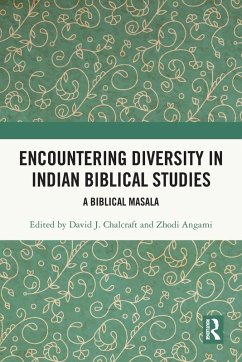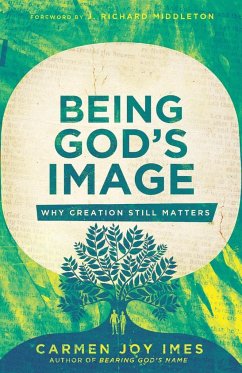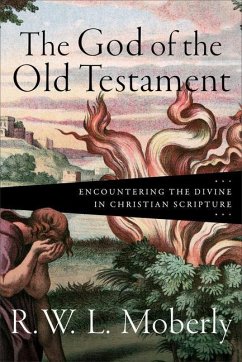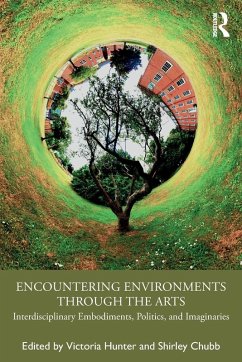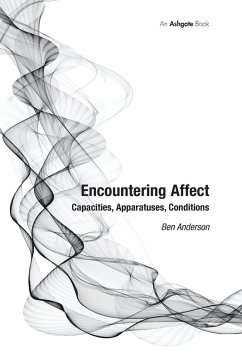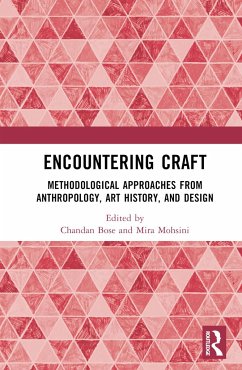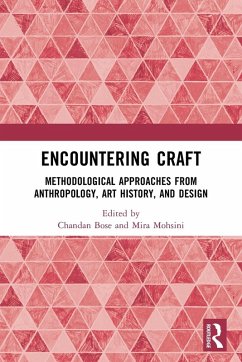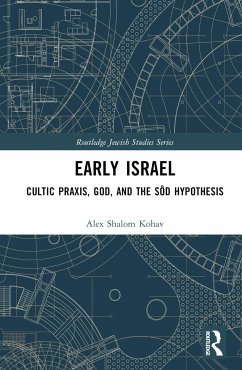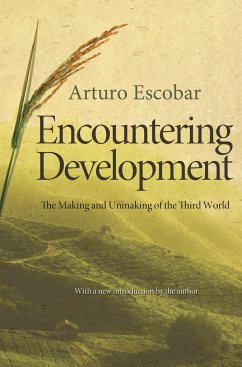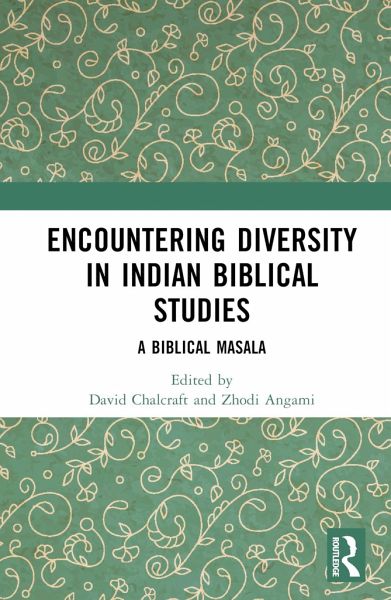
Encountering Diversity in Indian Biblical Studies
A Biblical Masala
Herausgeber: Chalcraft, David J.; Angami, Zhodi
Versandkostenfrei!
Versandfertig in 1-2 Wochen
150,99 €
inkl. MwSt.
Weitere Ausgaben:

PAYBACK Punkte
75 °P sammeln!
This book provides analysis of biblical narratives and texts which are the vehicle for the expression, articulation and performance of diverse identities in the Indian context. It is suitable for students, scholars, and researchers working on postcolonial biblical studies and diversity in Christianity.




